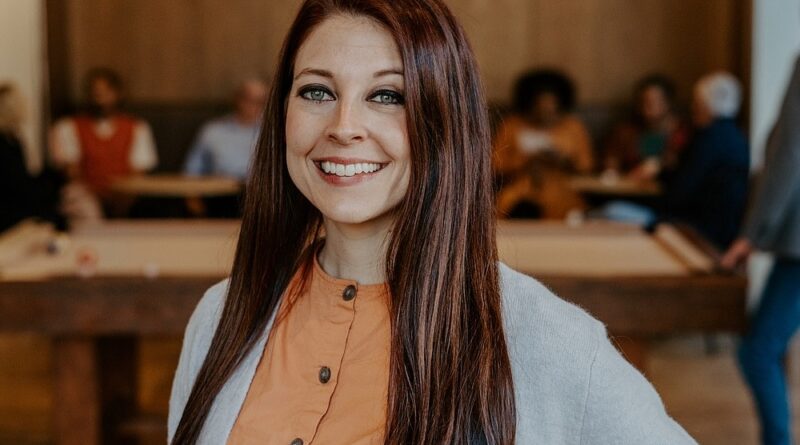First Things First: Can relationships and personal relationships replace medication? | Chattanooga Times Free Press
Imagine a world where the cure for loneliness, depression or low stress isn’t found in a pill bottle but in a local knitting area, community garden or volunteer project. This is the basis of “social instruction,” a growing practice of health care that connects people with non-medical activities to improve their mental and physical health. Although it may sound unusual, the research on social feedback is strong and should be explored.
Social instruction is changing the focus from treating only symptoms to addressing the causes of specific health problems. In most cases, these causes have a lot to do with isolation, inactivity or a lack of purpose. For example, a 2020 study published in the British Journal of General Practice found that socializing significantly reduced loneliness and improved health among patients. Similarly, a 2022 meta-analysis in BMC Public Health, published by BioMed Central, concluded that community outreach programs led to better mental health outcomes and reduced health care utilization, such as fewer visits to primary care physicians.
Dr. Marie Polley, a leading researcher in the field of social pharmacology, explains: “When we look at chronic conditions like anxiety or minor depression, we often find that the determinants of public health— things like relationships, work and support—are the missing pieces. Public opinion aims to fill that gap by encouraging community and engagement.”
Take the example of public agricultural programs. These steps do more than just beautify the environment; they make a person feel important and achieve things. In another study, published in the Journal of Public Health, participants reported lower levels of stress and a stronger sense of community after just three months of regular gardening. Another program in the United Kingdom – where social distancing rules are widespread – connects isolated seniors with walking groups, art classes and dance sessions. Many participants reported feeling “invigorated” and “seen” for the first time in years.
The benefits go beyond mental health. Research also suggests that social prescribing can reduce the risk of physical illness. A 2023 study in The Lancet linked participation in social activities to improved heart health and reduced symptoms of chronic inflammation – conditions often exacerbated by stress and isolation. Dr. Sarah Evans, a public health expert, says: “This is about using relationships and activity as preventive medicine. “It’s not just a supplement; it’s important to overall health.”
However, there are things to consider. Although the evidence is compelling, implementing public policies effectively requires resources and cooperation. Not all communities have the infrastructure for strong programs. In addition, some patients may initially resist the idea of non-traditional treatment. Education and encouragement from health care providers is critical to success.
Public order also requires an inclusive approach. Programs should be tailored to meet different cultural needs and preferences. For example, some people may excel in an art class, while others may like volunteering or sports. Ensuring that jobs are available – physically and financially – is critical to equal success.
As a mother of two, I can’t help but think about the lessons this research holds for family life. Community guidelines remind us of the healing power of connection and shared activity — whether it’s joining a playgroup, organizing a neighborhood potluck or spending time with extended family. At my house, even a walk to the park with my 1-year-old and 5-year-old has become a form of medicine — a way to soothe frayed nerves and reconnect after a long day. .
The rise of public policy is a hopeful sign that health care recognizes the complexity of human well-being. As more programs emerge and more information is collected, it is exciting to imagine a future where we treat not just the body but the whole person. Because sometimes, the best prescription is yours.
Lauren Hall is president and CEO of family advocacy nonprofit First Things First. Email her at lauren@firstthings.org.
#relationships #personal #relationships #replace #medication #Chattanooga #Times #Free #Press
